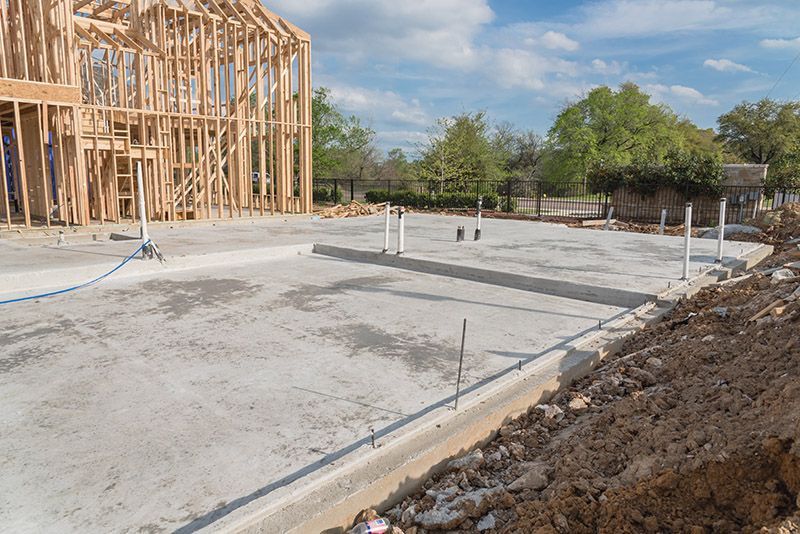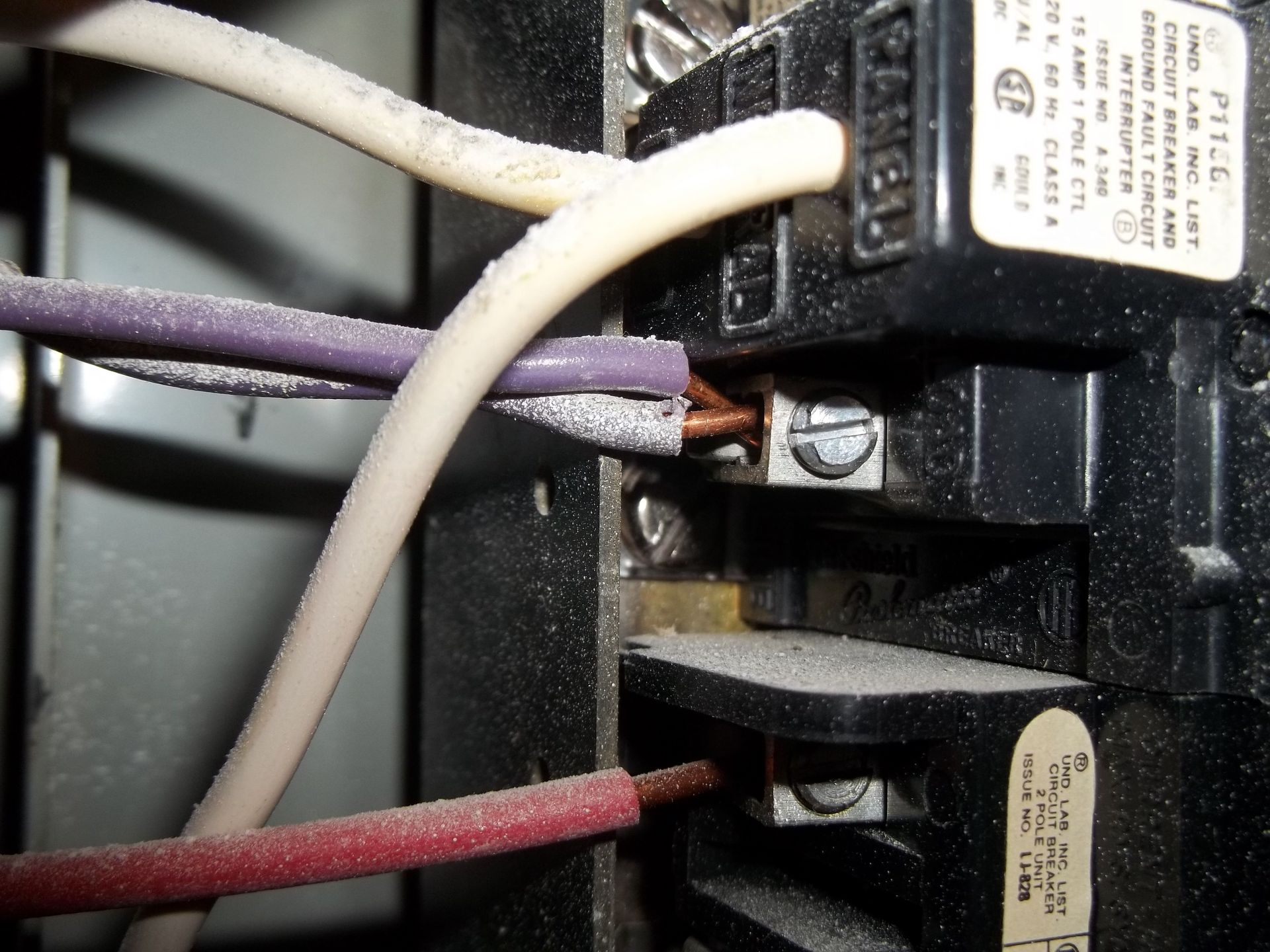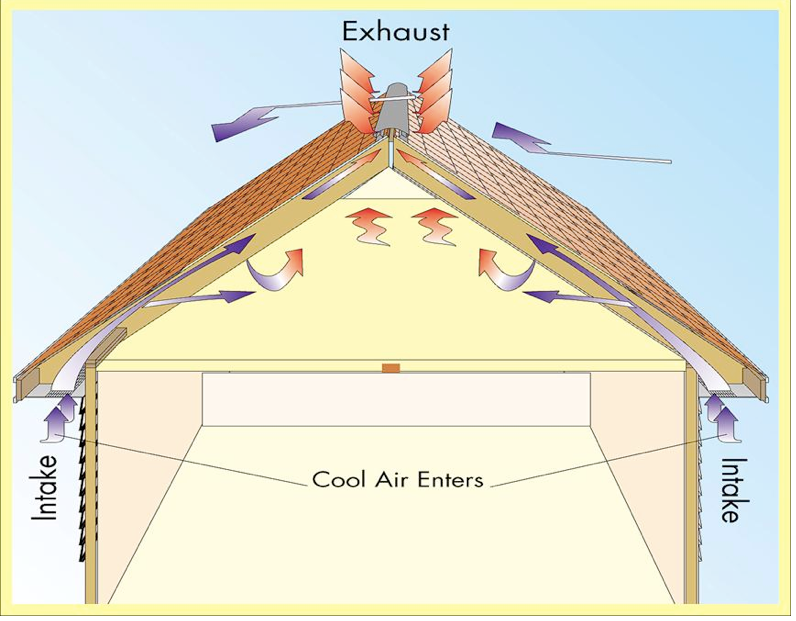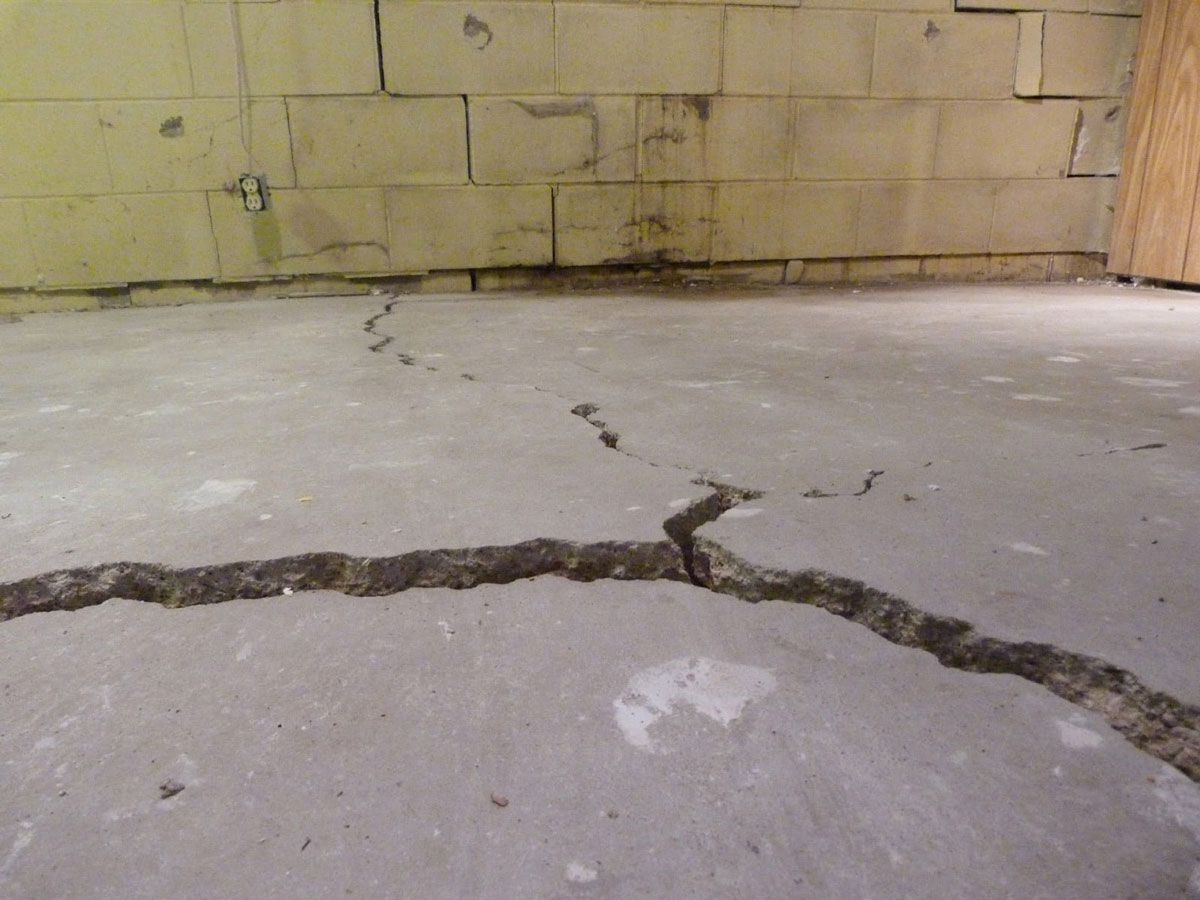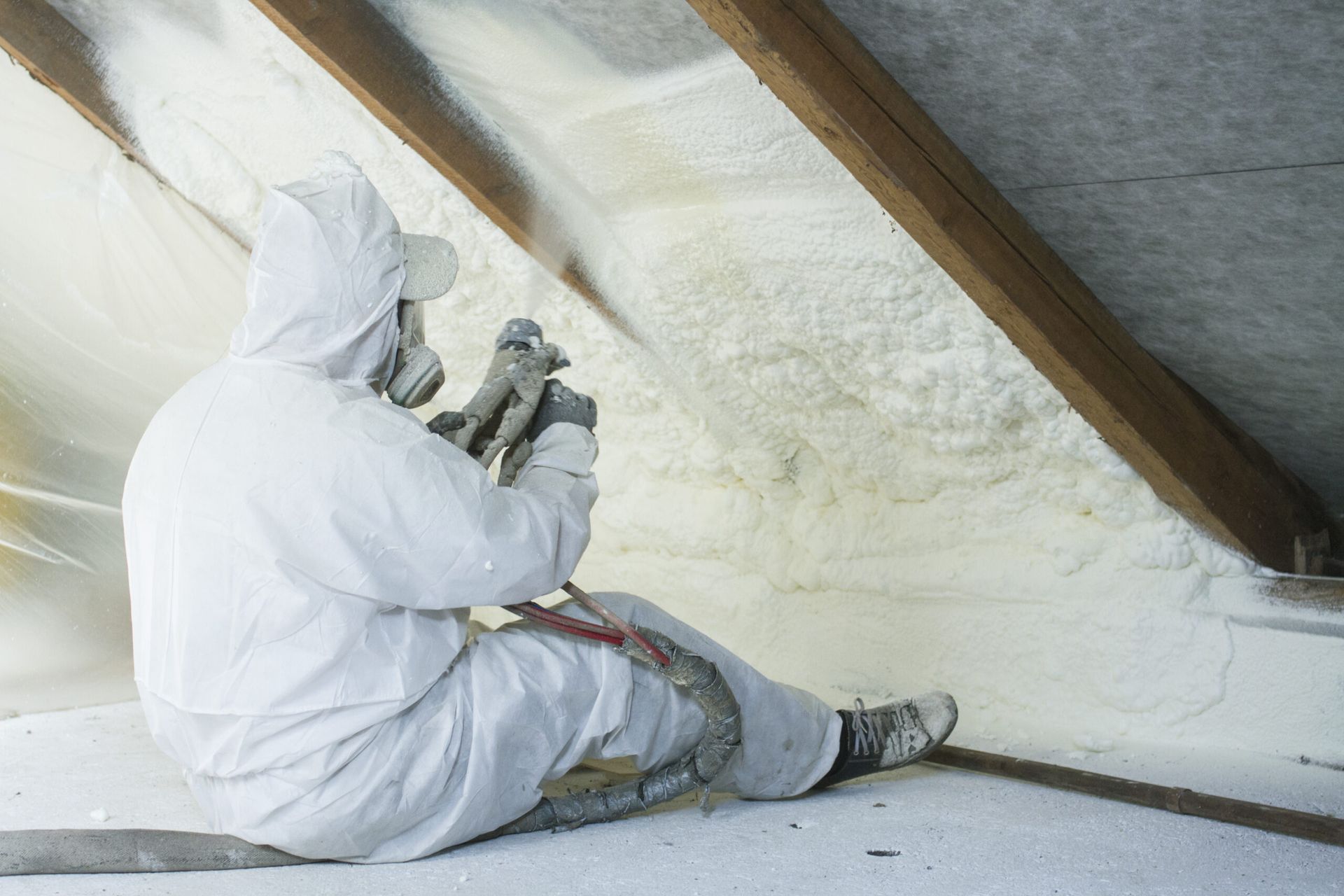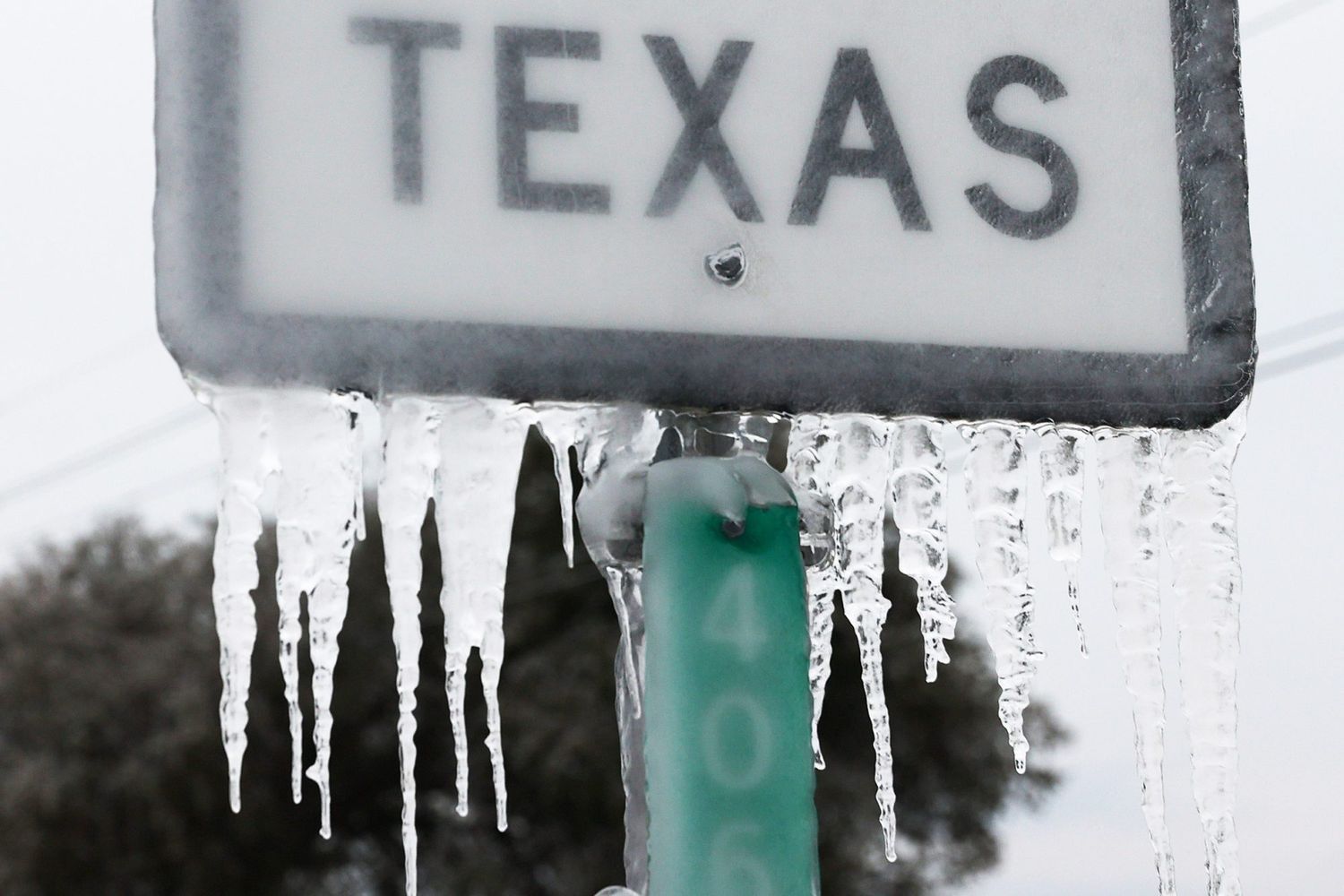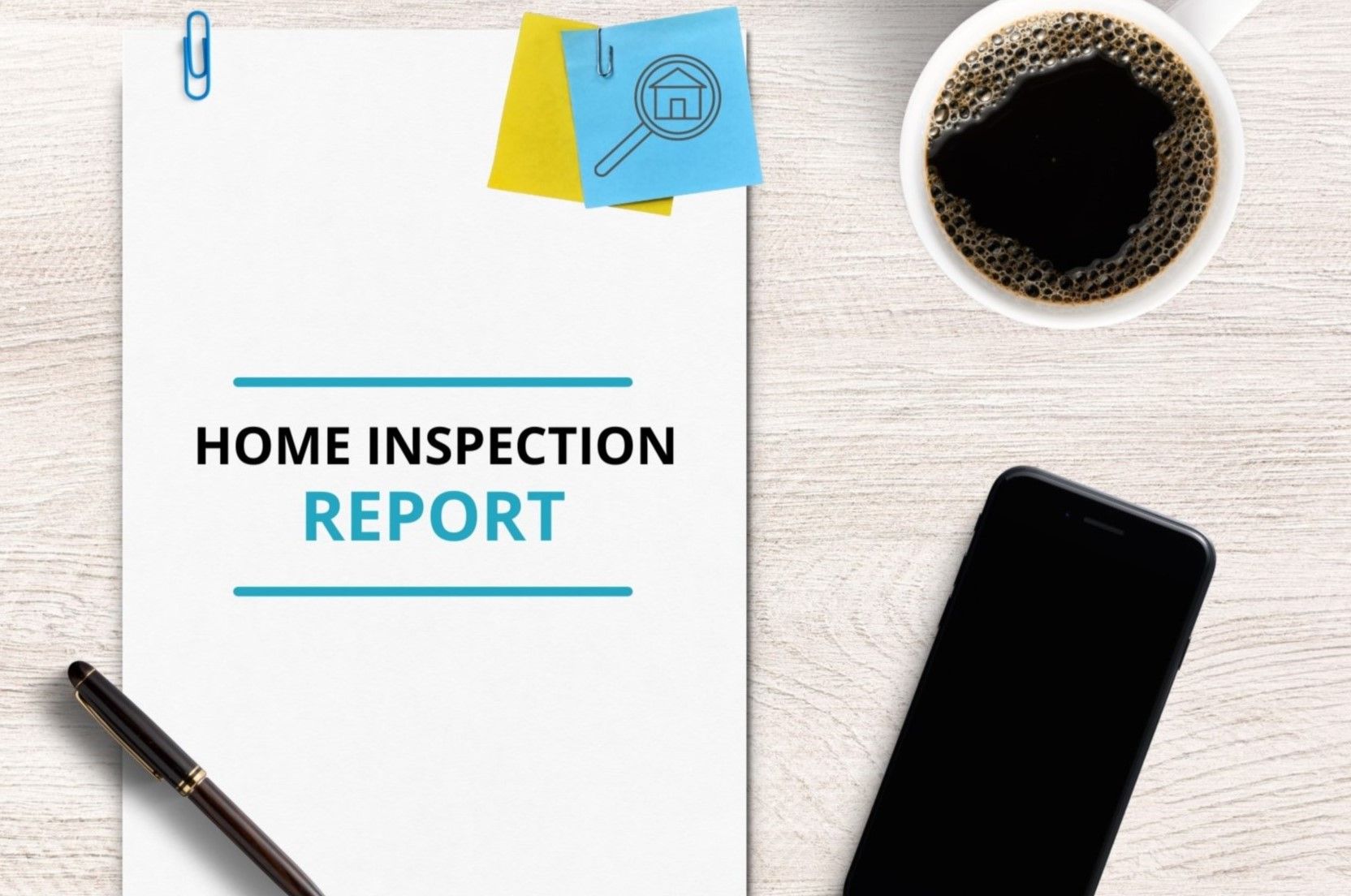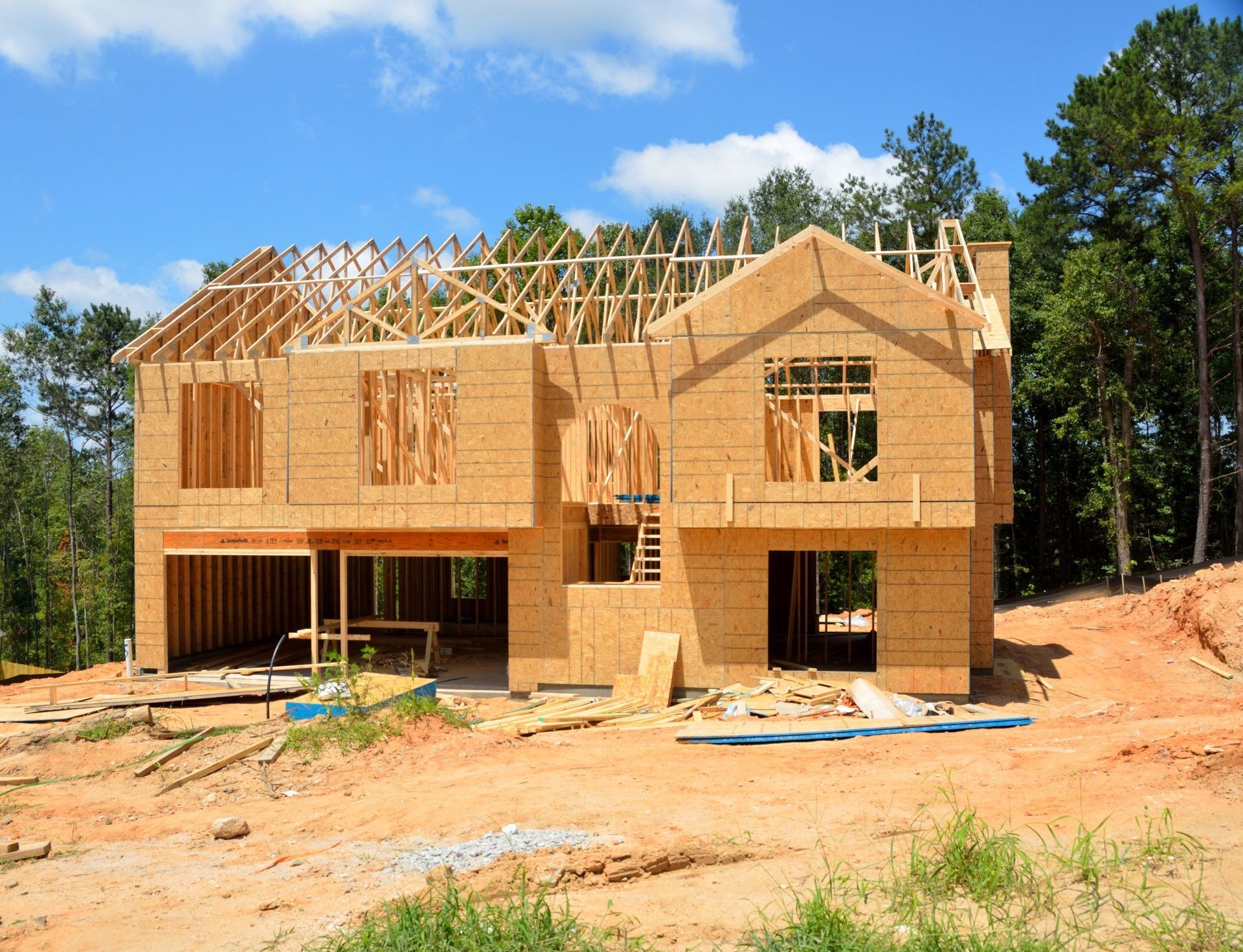Ross Nussle
July 21, 2025
Keeping Your HVAC Ready for Fort Worth’s Heatwaves and Cold Snaps
Fort Worth, Texas, is no stranger to extreme weather. From scorching summer heat to sudden cold snaps in winter, the climate here demands a lot from HVAC systems. For homeowners and businesses in Fort Worth and nearby cities like Arlington and Dallas, ensuring your heating, ventilation, and air conditioning (HVAC) system is ready for these conditions is critical. A well-maintained HVAC system not only keeps you comfortable but also saves energy and prevents costly repairs. Here’s a guide to inspecting your HVAC system to handle Fort Worth’s wild weather swings.
Why the Weather Demands a Robust HVAC System
Summers in Fort Worth can easily climb above 100°F, with high humidity making it feel even hotter. Winters, while milder, can bring unexpected freezes, especially in January and February, when temperatures occasionally dip below freezing. These fluctuations put immense strain on HVAC systems, making regular inspections essential. A poorly maintained system can fail during a heatwave or cold front, leaving you uncomfortable and facing expensive emergency repairs.
Key Steps for Inspecting Your HVAC System
1. Check the Air Filters
Dirty air filters are one of the leading causes of HVAC inefficiency. In Fort Worth’s dusty environment, filters can clog quickly, reducing airflow and forcing the system to work harder. Inspect your filters monthly, especially during peak summer and winter months. Replace them every 1-3 months, depending on usage and filter type. A clean filter improves air quality and helps your system handle the extreme heat or cold.
2. Inspect the Outdoor Unit
The outdoor condenser unit is exposed to harsh elements—think blistering sun, dust, and occasional storms. Check for debris like leaves, dirt, or grass clippings that can obstruct airflow. Clear a two-foot radius around the unit to ensure proper ventilation. Also, inspect the fins for damage and gently clean them with a soft brush or low-pressure hose. If you notice unusual noises or reduced cooling/heating, it might be time to call a professional from a local service.
3. Examine the Thermostat
A malfunctioning thermostat can make your HVAC system unreliable during extreme weather. Ensure it’s working correctly by testing its response to temperature changes. If you’re using an older model, consider upgrading to a programmable or smart thermostat. These devices optimize energy use, which is a big plus given Fort Worth’s long cooling season. Calibrating or upgrading your thermostat ensures consistent comfort, whether it’s a sweltering July afternoon or a chilly February night.
4. Check Ductwork for Leaks
Leaky ducts can waste energy and reduce your system’s ability to keep up with the temperature extremes. Inspect visible ductwork in your attic or basement for signs of wear, loose connections, or holes. Sealing leaks with mastic or foil tape can improve efficiency. For homes in Grand Prairie or surrounding areas like Keller, where dust and pollen are common, ensuring ducts are sealed also helps maintain indoor air quality.
5. Test System Performance
Run your HVAC system through a full cycle—cooling in summer and heating in winter—to check for issues. Listen for strange noises, check for uneven temperatures across rooms, and monitor how long it takes to reach the set temperature. If the system struggles to cool your home during a 95°F day or heat it during a rare freeze, it may need maintenance or repair. Schedule a professional inspection before the peak season hits.
6. Schedule Professional Maintenance
While DIY inspections are helpful, a licensed HVAC technician can spot issues you might miss. In Texas, where systems run near-constant in summer, annual or bi-annual professional maintenance is a must. Technicians can check refrigerant levels, inspect electrical components, and clean coils, ensuring your system is ready for extreme weather. Many local companies offer maintenance plans tailored to the region’s climate.
Preparing for Seasonal Extremes
Fort Worth’s weather can change quickly, so timing your inspections is key. Check your system in early spring to prepare for summer heat and in early fall to get ready for winter. This is especially important for older systems, which are more likely to fail under stress. If you’re in a neighboring city like Hurst or Bedford, local HVAC professionals can provide region-specific advice, as weather patterns are similar across the area.
Energy Efficiency and Cost Savings
A well-maintained HVAC system doesn’t just keep you comfortable—it saves money. In Texas, where air conditioners run for months, an efficient system can lower your utility bills significantly. Regular inspections catch small issues before they become big problems, extending your system’s lifespan. For example, replacing a clogged filter or sealing a duct leak can reduce energy use by up to 15%, a big deal during Texas summers.
Final Thoughts
Extreme weather tests even the best HVAC systems. By inspecting your system regularly—checking filters, clearing the outdoor unit, testing the thermostat, and scheduling professional maintenance—you can ensure it’s ready for whatever Mother Nature throws your way. Whether you’re in Fort Worth or a nearby city like Mansfield, taking these steps will keep your home or business comfortable and efficient year-round. Stay proactive, and your HVAC system will keep up with North Texas’s toughest days.

